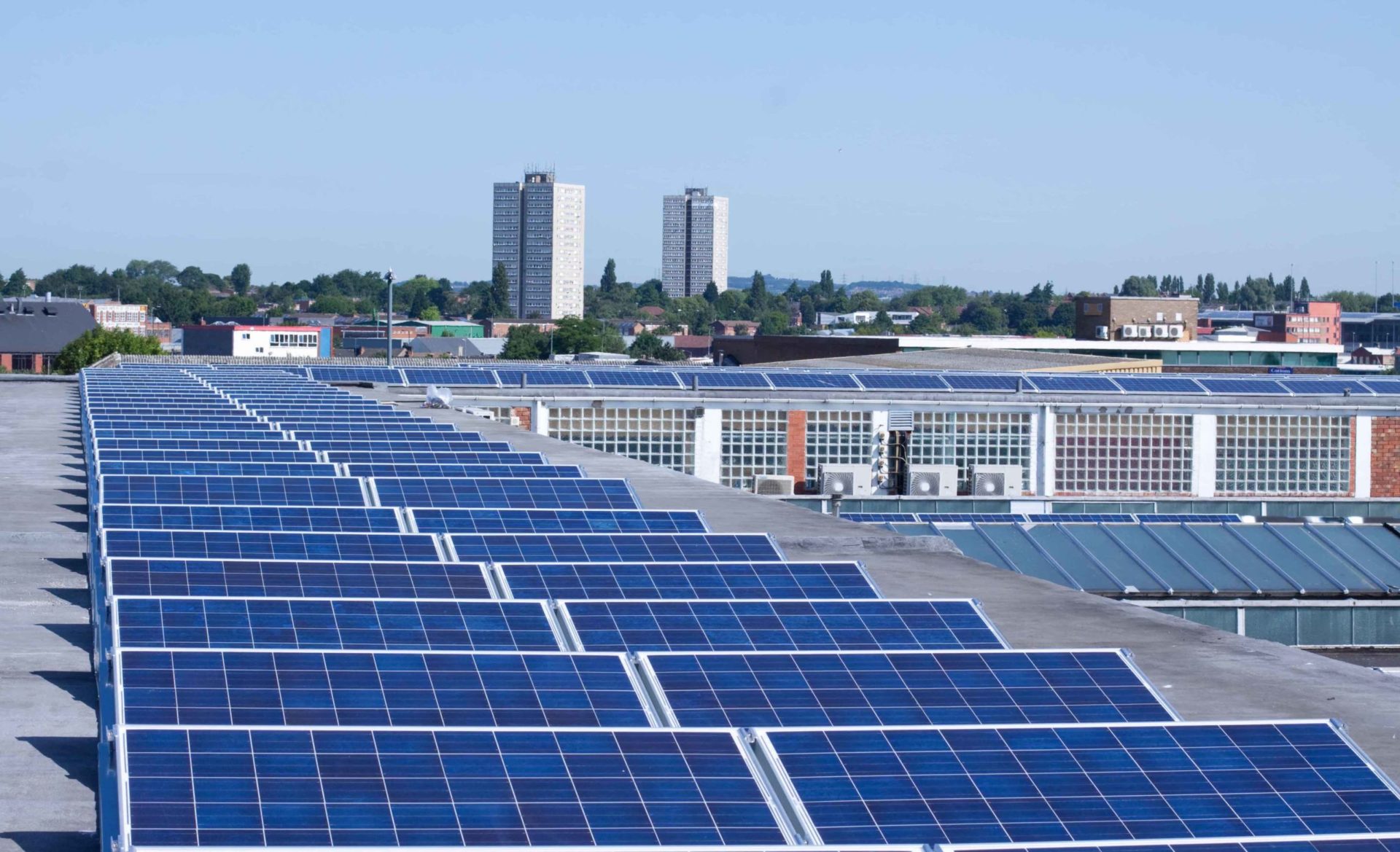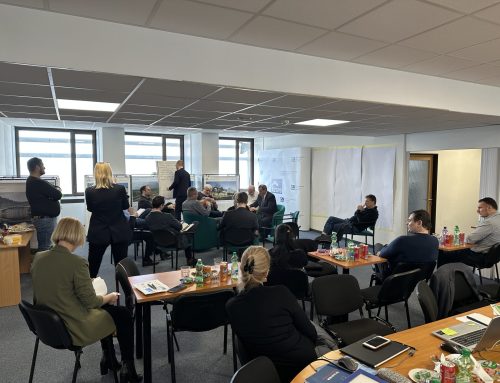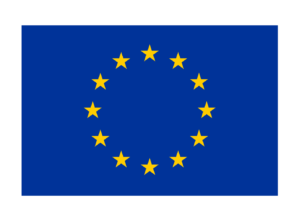The first roundtable on supporting the renovation wave and financing energy efficiency in buildings took place on 15 February 2022 with the participation of more than 70 representatives from a wide range of organisations from the financial and construction sectors, public institutions and public administrations, energy service providers, interest organisations and universities.
In the introduction of the roundtable, René Neděla, Deputy Minister of Industry for Energy, stressed the principle of energy efficiency first, i.e. that energy savings are always the first measure to be taken before looking for new sources. He confirmed that the Ministry respects this principle and that it is the basis of the energy policy applied.
The European energy policy was presented by Radoš Horáček, representative of the European Commission’s Directorate-General for Energy (DG ENER). He presented the objectives of the European Green Deal initiative, the European climate policy and the current Fit-for-55 package. He spoke about the increase in EU financial resources to support these objectives and also presented the Renovation Wave and Smart Finance for Smart Building initiatives.
Sustainability in financing
The consolidation of perceptions and attitudes towards sustainability in the financial sector (sustainability) was the first topic of the debate. In his presentation, Petr Dovolil from PwC’s Czech office outlined the broader context of sustainability in finance, where ambitious climate protection policies of world leaders, including the European Commission, mirror changes in financial markets. They are increasingly perceiving the risks of climate change and the need to transform the economy, and this is reflected in changing conditions and investment priorities.
This trend is manifesting itself at both global and regional levels, and the sustainability dimension of investment is being addressed by both the European Union and individual countries around us. An example is the sustainable finance strategy recently adopted by the German government, which clearly defines what investments are and are not sustainable. The Czech Republic has not yet addressed this issue in any way, which is potentially a threat to the domestic economy, which is closely linked to the German economy.
Voting among participants showed that developing its own national sustainable finance strategy is a priority for the Czech Republic. It should reflect current trends and clearly articulate the government’s objectives towards the financial markets. To underline the importance, the opening sentences of the German Sustainable Finance Strategy 2021 were heard: ‘The National Sustainable Finance Strategy focuses on policy and financial market regulation. Sustainability risks are also investment risks. From the perspective of the federal government, therefore, financial market stability itself is an inherent and central goal of sustainable finance.”
Therefore, the first of the proposed measures is to formulate a national strategy for sustainability finance and to create common structures between the government and financial institutions to address this issue in the long term.
Promoting the implementation of EPC in public institutions
The Energy Performance Contracting (EPC) method was introduced by Radim Kohoutek, Executive Director of the Association of Energy Service Providers (APES). He emphasized its advantages over other models of energy saving projects and pointed out the results achieved during the use of EPC in the Czech Republic and the reliability of this method for all stakeholders, including financial institutions.
The participants of the roundtable called for a higher consideration of the quality of energy saving projects, whether it is construction or renovation of buildings, where an important role will be played by contracting on the life cycle costs of buildings that meet the state required principle of energy efficiency first, as René Neděla spoke about in the introduction of the meeting. Comprehensive and well prepared projects that ensure maximum savings at a still acceptable cost level should receive a higher level of support than less complex projects with fewer measures and lower savings.
This will be advocated by APES and other industry organisations in cooperation with MIT representatives, so that the resulting solution will be beneficial for customers (higher subsidies, lower overall costs of building construction and operation), for the state, which will thus fulfil its decarbonisation obligations, and of course for construction companies and energy service providers (ESCOs).
Dissemination and implementation of SECAP
The last topic was addressed by Jiří Karásek, Senior Consultant at SEVEn, who spoke about the dissemination and implementation of Energy and Climate Action Plans (SECAPs). Cities participating in the Covenant of Mayors commit to develop and adopt a SECAP as a plan with specific actions that the municipality will take on the matter. The document includes key actions and a baseline emissions balance sheet to track the impact of mitigation measures. It also includes an assessment of the risks and vulnerability of the municipality in relation to climate change. The municipality is obliged to produce the SECAP within two years of signing the Covenant of Mayors, and every two years thereafter to monitor and report on the results of the measures.
Municipalities that join the initiative will receive practical support, materials and tools to achieve their goals. Cooperation between municipalities and other authorities is strengthened. Through SECAP, the municipality sets targets that are credible commitments for the municipality. Together with a developed energy strategy, there is the possibility of easier access to grants and funding for the set goals.
At the end of the discussion, other topics were discussed, which will be presented in more detail at the next roundtable, which will take place already with the personal participation of all participants during the second half of May 2022.






